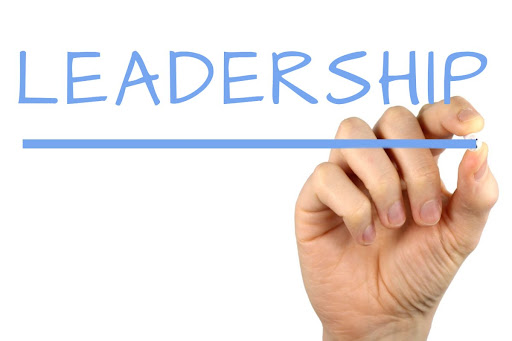Mentoring at work is a valuable tool for personal and professional development. It is a relationship between an experienced worker (the mentor) and a “rookie” or newer employee. The mentor provides guidance, advice, and support to the mentee (or new worker) for future job success. Mentoring at work can have many benefits for both the mentor and mentee, as well as the organization or business.
New Skills
One of the biggest benefits of mentoring at work is that it helps to develop the skills and knowledge of the mentee. The mentor can share their experience and expertise, and provide guidance on how to navigate the organization and its culture. This can help the mentee develop new skills, knowledge, and to become more effective in their role.
Builds Trust
Mentoring at work also helps to build relationships and networks within the organization. The mentor and mentee can build a strong working relationship, which can lead to increased trust, understanding, and collaboration. This can help to create a more positive and productive working environment.
Decreases Turnover
A mentoring program in the company can also help to improve the retention of employees. When employees feel truly valued and supported, they are more likely to be satisfied with their job. Turnover within the organization decreases overall with a trusted mentor to support the employee. A good mentoring program can help to create a sense of belonging among employees, which leads to higher retention.
Promotes Diversity and Inclusion
Another benefit of mentoring is it helps to promote diversity and inclusion. When mentoring relationships are formed between people from different backgrounds, it can help to break down stereotypes and biases. This can lead to a more inclusive and equitable workplace, where everyone feels valued and respected.
In addition, mentoring programs can be beneficial for the mentor as well. It can provide them with an opportunity to share their knowledge and experience. The mentor gives back to the organization and gains personal confidence in their abilities in their role. It can also help them to develop leadership skills and to take on new responsibilities.
Overall, mentoring at work is an important tool for personal and professional development, and for the organization as a whole. It can help to develop the skills of new employees, build relationships, and promote diversity and inclusion. Therefore, companies should consider starting a mentoring program to support the career development of their employees and improve overall work performance and engagement.
For more career best practices check my website: KathyHusserTempe.com




